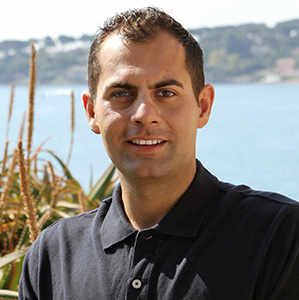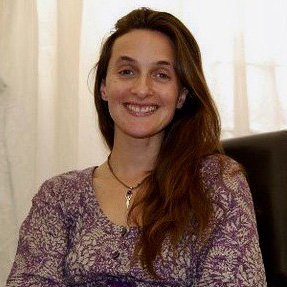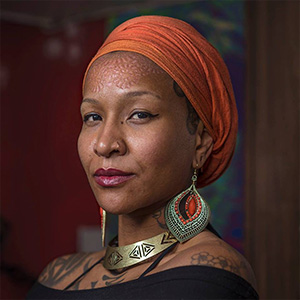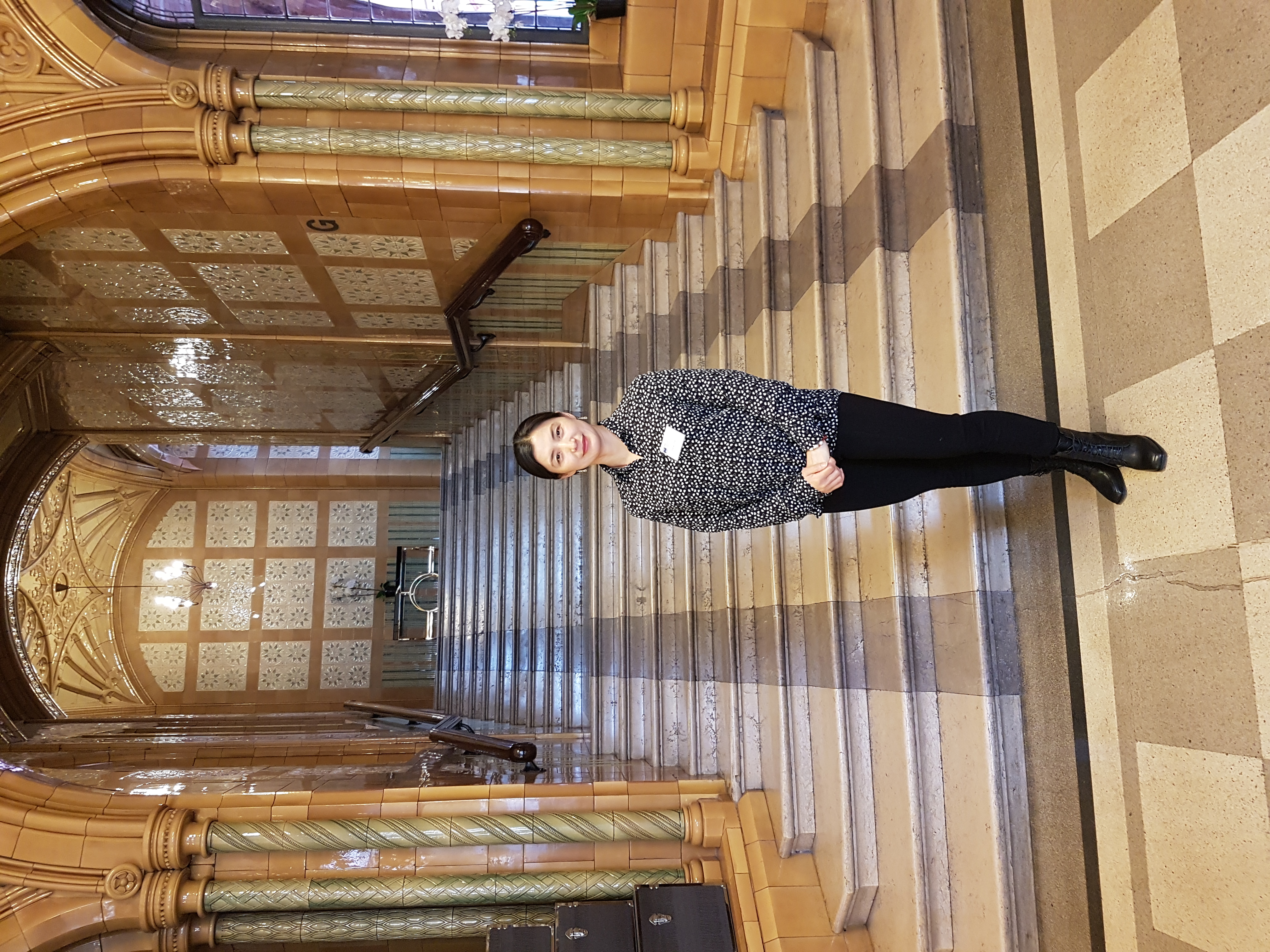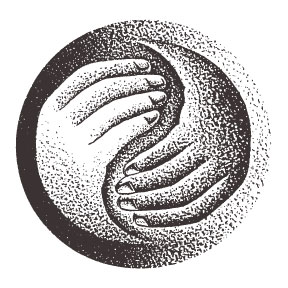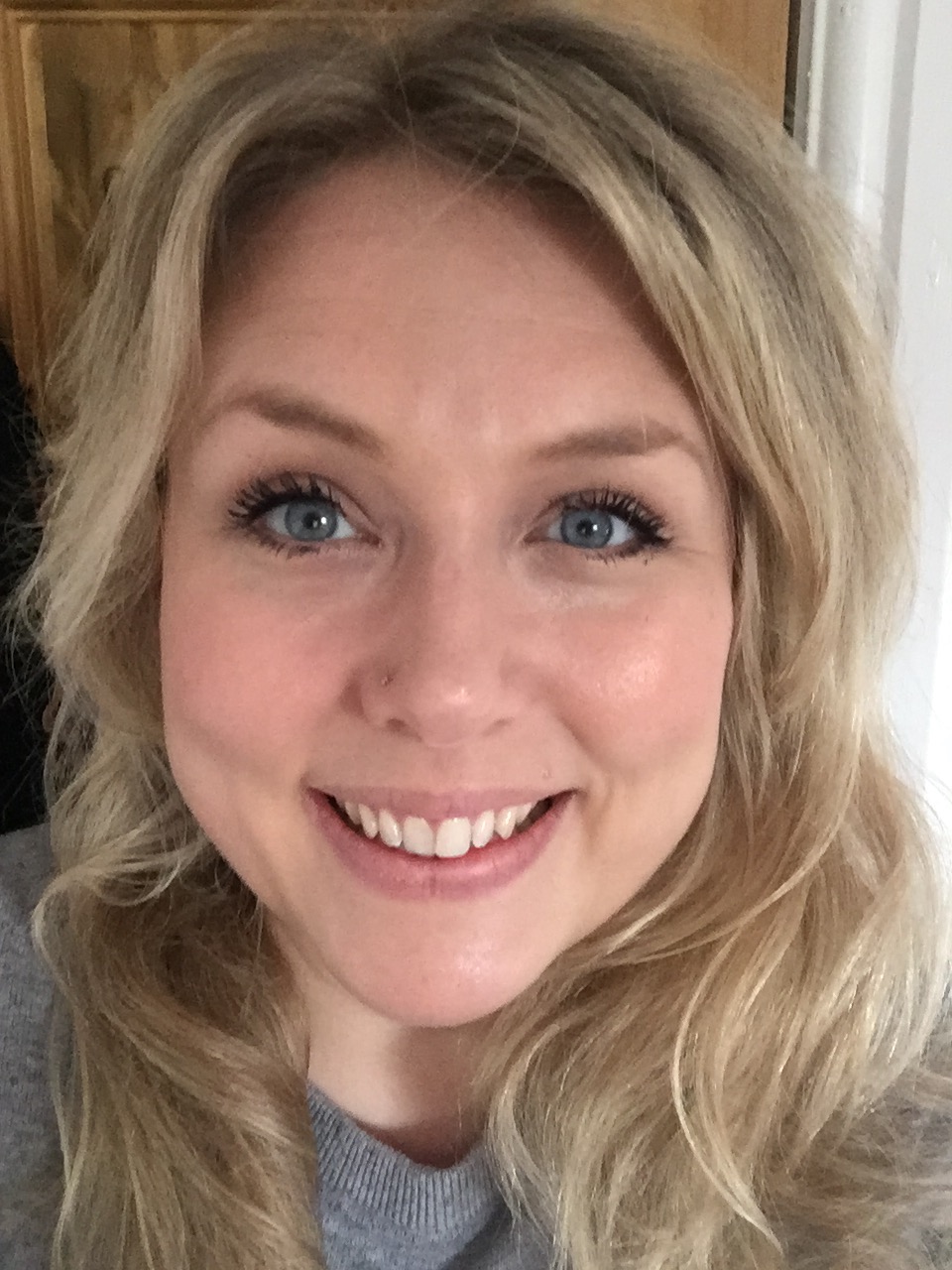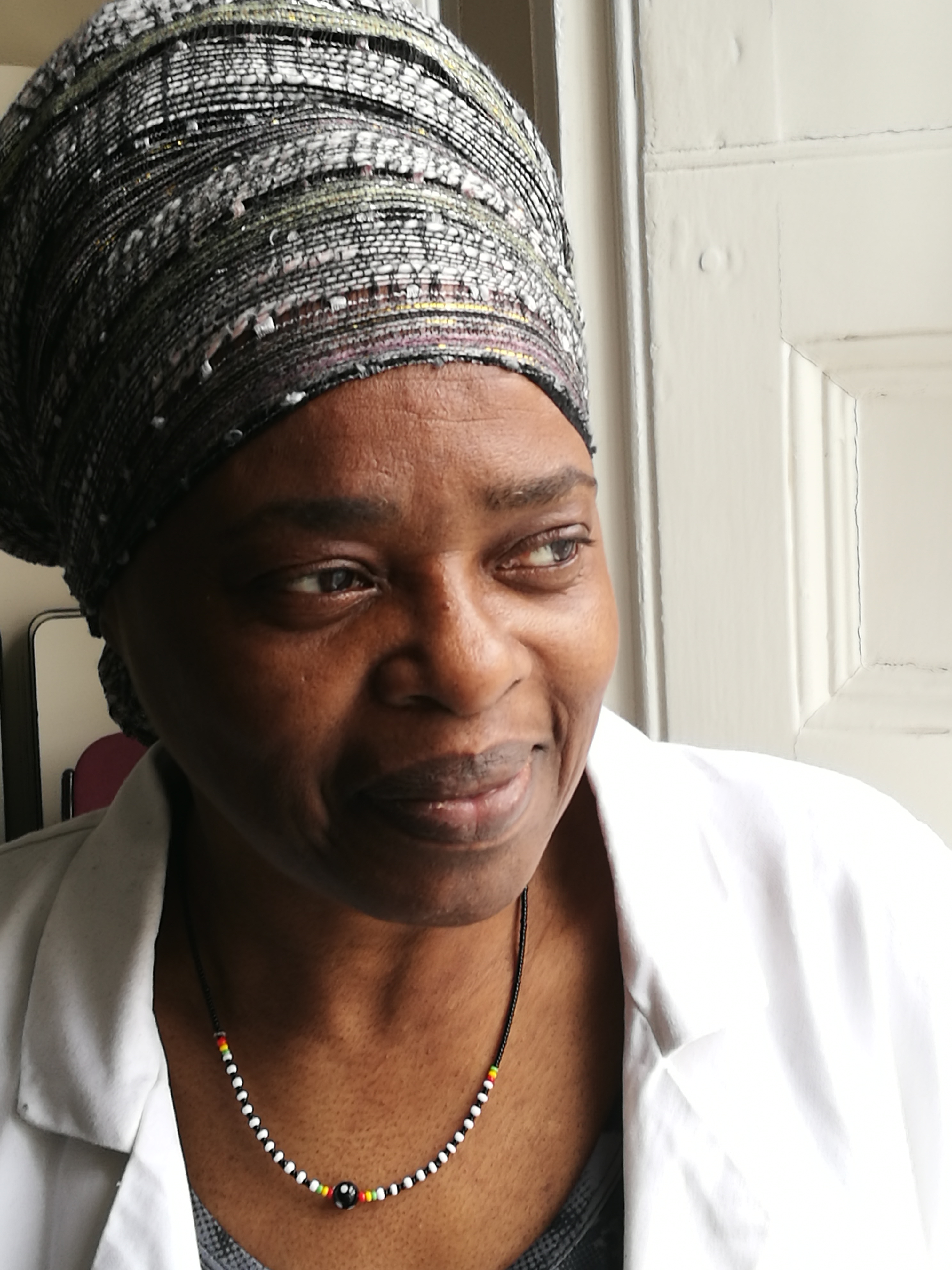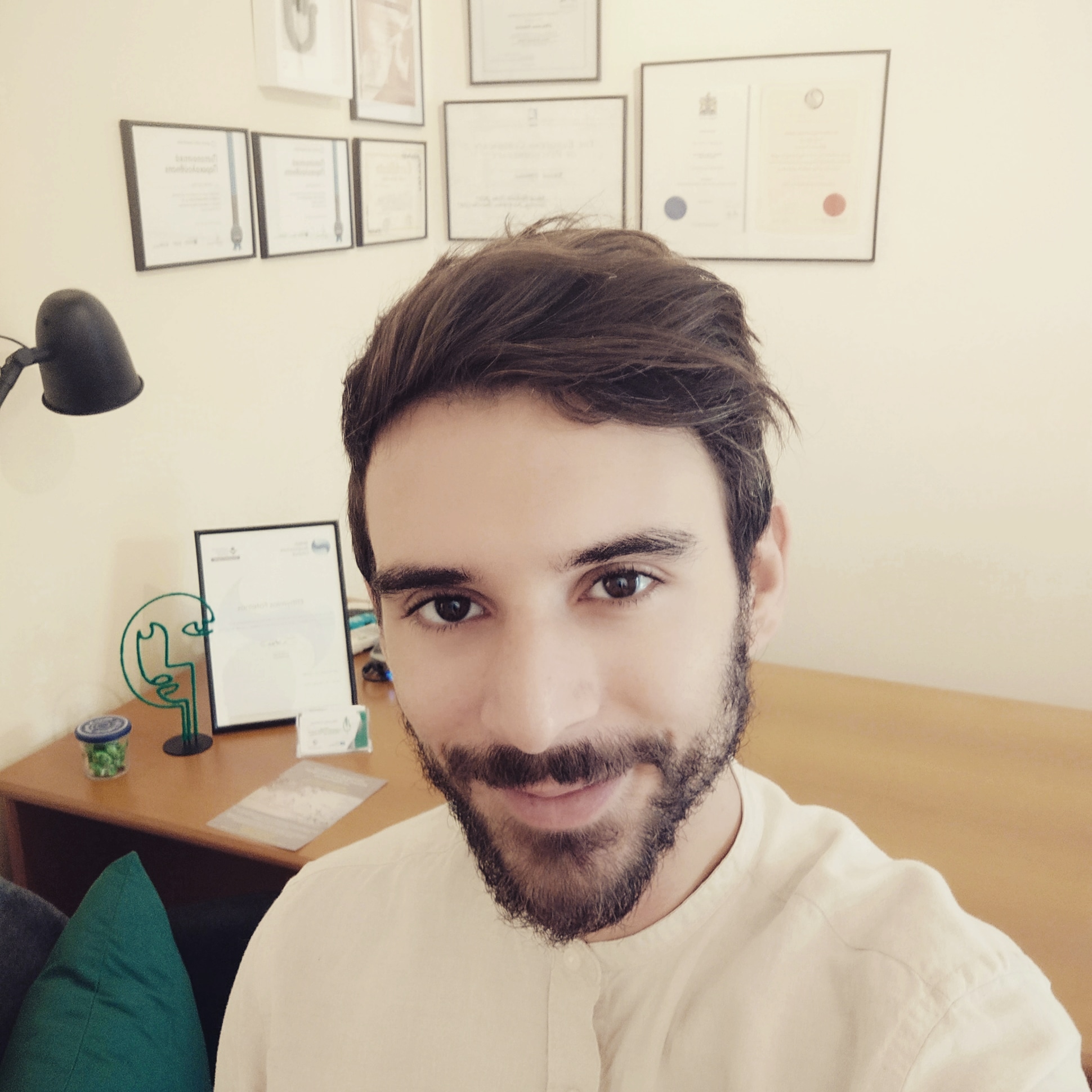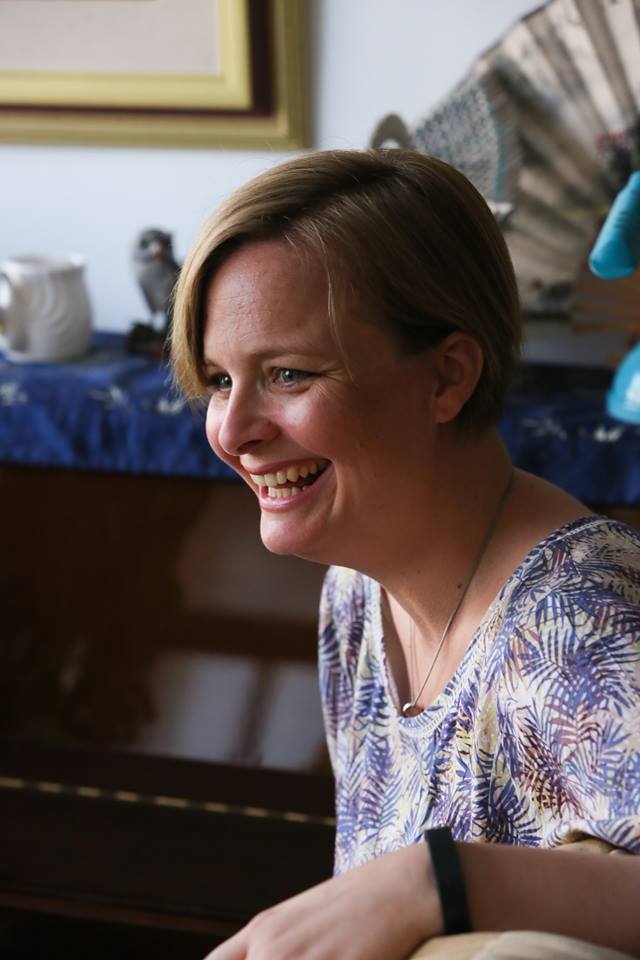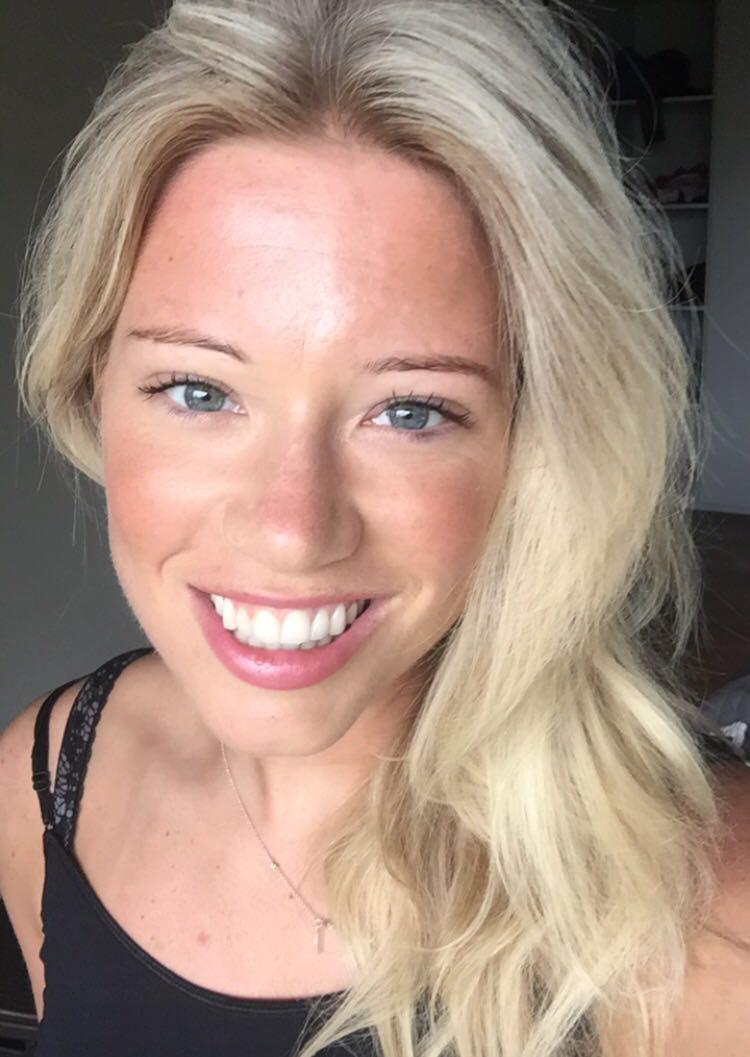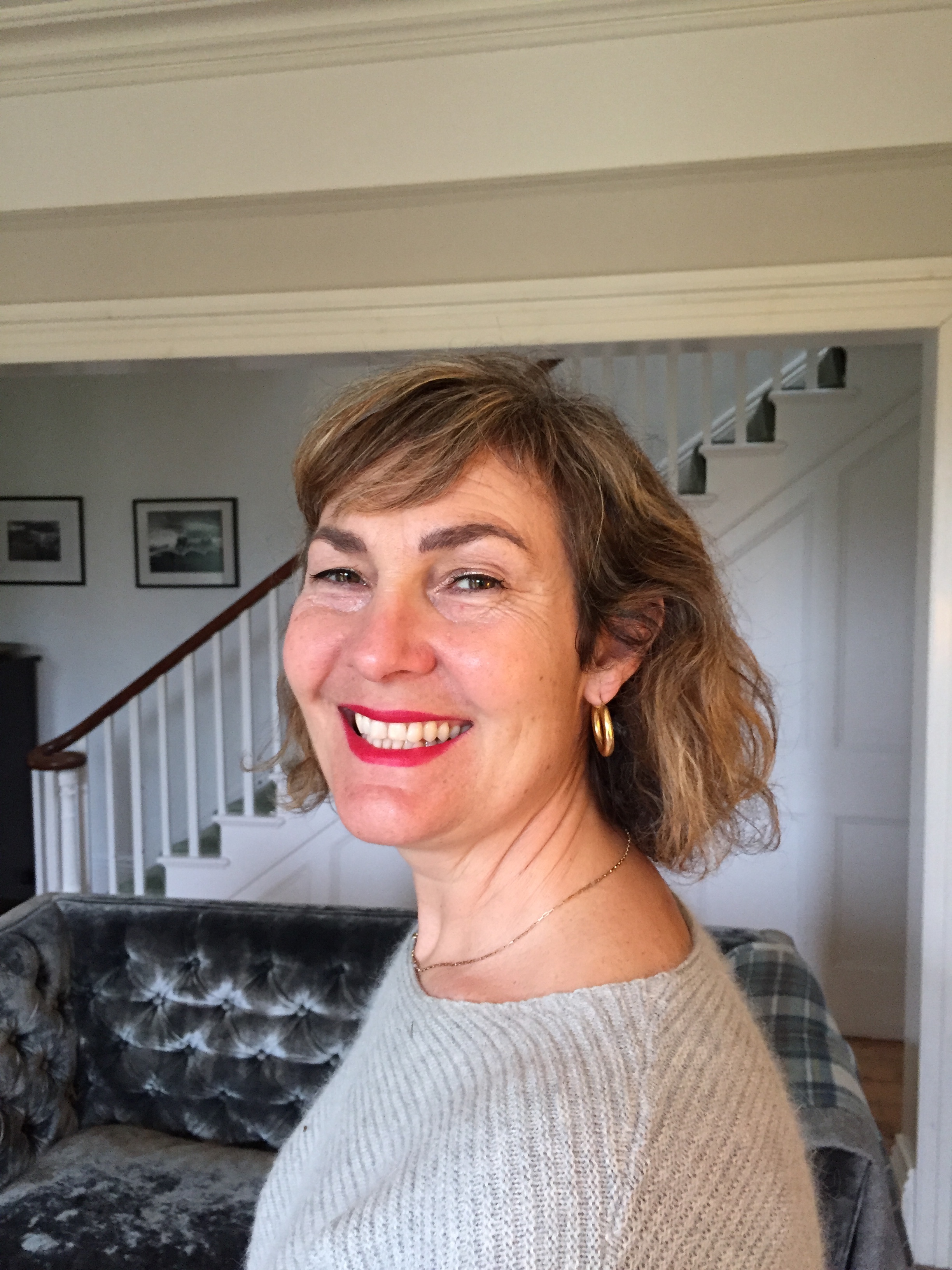Code of conduct for students observing
When observing treatments please arrange with the practitioner how much you interact with patients.
Some practitioners wish there to be very little interaction with patients and others feel happy for you to have more. Some patients may prefer not to discuss symptoms or other issues in front of a visiting student and others don’t mind.
As a minimum we suggest that you should be a ‘fly on the wall’ but be able to look at the patient’s tongue and take pulses and then discuss your findings with the practitioner. The maximum is up to each individual practitioner, but s/he will create an agreed structure with you at the start of your session.
The kind of areas that may be agreed with the practitioner
- Whether you listen to the patient discussion or not.
- How much you will interact with the patient (or not at all).
You will usually carry out these activities with each patient you observe
- Take pulses and look at tongues.
- Give the practitioner your diagnosis of colour, sound, emotion, odour + syndromes + treatment principles as appropriate to your level of understanding.
- Practitioner tells you what they are treating and may discuss points to use.
- Observe the treatment carried out.
Be sure to let the practitioner know what stage of the course you are at so that s/he can discuss patients at a level appropriate to your stage of training.
What you might learn at each stage of the course
As your knowledge of Chinese Medicine grows you will learn different things when you observe in clinics. At the beginning of the course you might not understand exactly why the practitioner is carrying out a particular treatment – at this stage you might notice how the practitioners work in the clinic, how they interact with patients and see various acupuncture techniques used. Later in the course you will start to notice more about CFs and syndromes as well as pulse and tongue observations and treatment planning. You will have a checklist with areas in which you might make observations when visiting a clinic. Please tick off this sheet whenever you observe and hand it in with your ‘Clinical Observation Confirmation Form’ (see below for more about this).
Dress Code
Always dress smartly when you visit the Teaching Clinic. Please wear a white coat when you are observing in the Teaching Clinic.
Confidentiality
It is important to understand that all interactions with patients in the treatment room are confidential and patient names, information and treatments must not be discussed outside of the clinic/treatment room excepting with the practitioner and/or supervisor.
Observing in the Teaching Clinic
- Treatments start at 8.40am. Please arrive in plenty of time, dress smartly and bring your white coat. You will also need a pen and a notebook to record pulse and tongue, treatment principles and points, CF diagnosis and other information about the patient and the treatment.
- Report to reception when you arrive. You will have been allocated a number of student practitioners to observe throughout the day and the receptionist will go through this with you. Although the schedule stays on the front desk and is available to view all day, it is advisable to make a list of your student practitioners and their appointment times.
- It is your responsibility to be waiting in reception for your student practitioner at the correct appointment time. The student practitioner will collect you as s/he collects the patient and will introduce you. Do be aware that sometimes patients over-run. This means that you may have to excuse yourself from a treatment you are observing in order to be back in reception in time for your next patient. You may also find yourself waiting in reception for some time to go up with the next patient – the receptionist will know if a practitioner is running late so do check. If you take your filofax you can always spend your waiting time in reception looking up points / treatment principles from the previous session.
- The student practitioner will indicate where s/he would like you to sit and will carry out the preliminary interview with the patient. When ready to take pulses they will generally invite you to take the pulse on the opposite side. To avoid holding up the treatment, try not to take pulses for a longer period of time than the practitioner. You will also get the opportunity to look at the patient’s tongue.
- The student practitioner may invite you to ask the patient some questions. You may want to know how long the patient has been coming for treatment and what sort of improvement they have seen in their symptoms. As a general rule, take your cue from the practitioner on how much to engage with patients, but be aware that it is especially important not to distract the practitioner or patient during needling and pulse taking. Even if you have a particular area of expertise, please be diplomatic about sharing your knowledge.
If you have questions about the diagnosis or the pulse and tongue picture, wait until you have left the treatment room to ask these. Similarly, if the practitioner wants to discuss anything about your behaviour in the treatment room, s/he will do this outside the treatment room.
- Clinical students need to discuss their treatment plan with their supervisor, and to have their point location checked by the point checker before needling. Observers are therefore often asked to go to look for the supervisor and the point checker. You will find the point checker in Room 6 – straight ahead as you come up the stairs to the first floor in No 19, and the supervisors in John, Angie, Jonathan and Peter’s office opposite Room 3, also on the first floor in No 19. The point checker and the supervisors all leave a list on their desks where you can write down your room number and the time you were looking for them. This system works quite well but the clinic gets busy and sometimes you will need to do some chasing Finding supervisors can be quite an art and is all part of the fun!
- You may also be asked to help with setting up/tidying up treatment rooms. The practitioner will let you know what needs to be done.
- Student practitioners are generally very willing to share information and support their observers – they have all been in your position. Sometimes the clinic is busy though, and practitioners are on a steep learning curve. If you need extra information you might try to find the practitioner at lunch time or at the end of the clinic, or they may be willing to communicate briefly by email if necessary.
- The clinic does get busy, so if you get stuck or lost at any point in the day, just report back to reception and they will generally get you back on track.
- Please ensure you hand in your completed observation form that logs the hours that you have been observing in the teaching clinic, reception will sign this on behalf of the student practitioner.
Enjoy your day!

